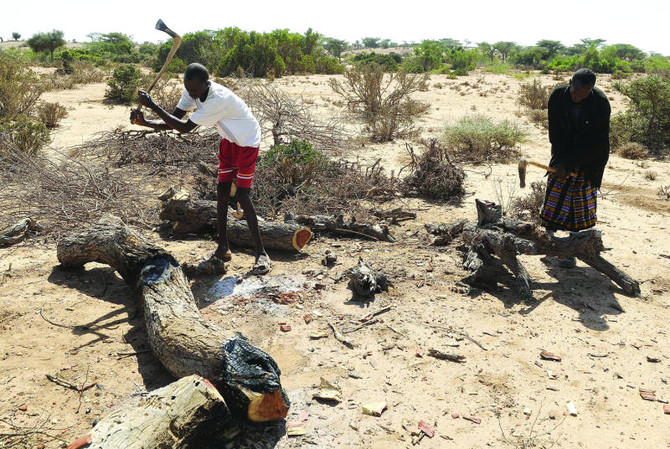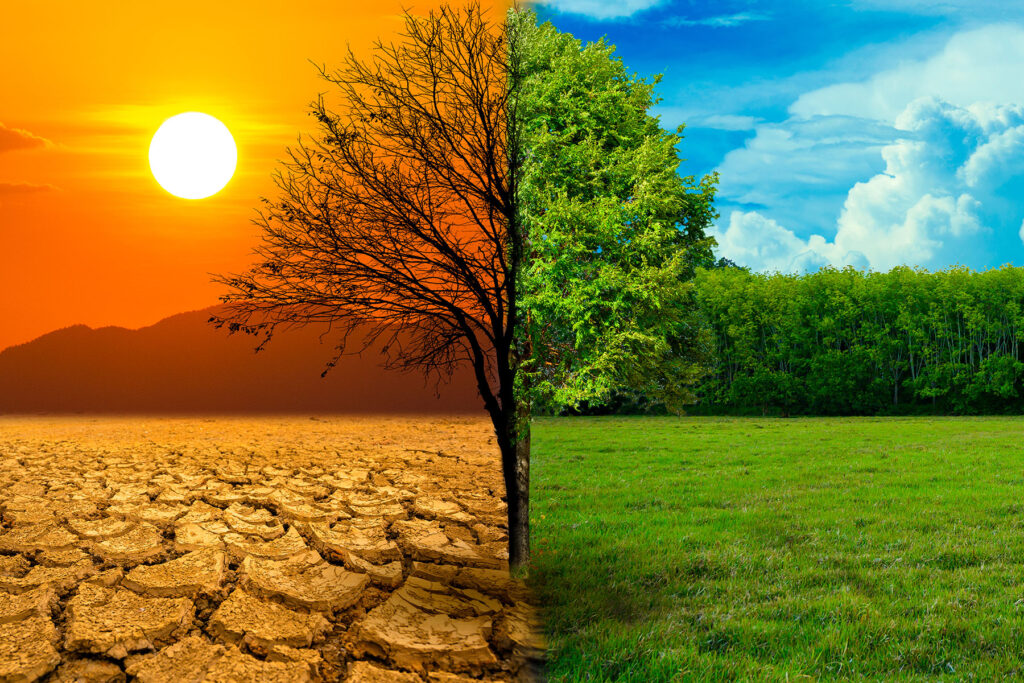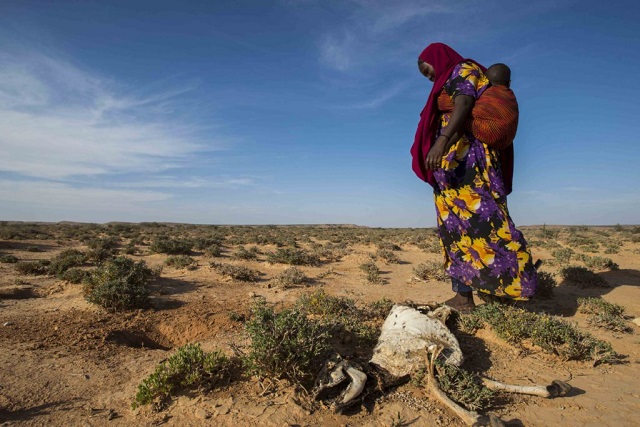OVERVIEW CLIMATE CHANGE
Introduction to Climate Change:
Climate change is a complex and pressing global issue that demands immediate and collective action. It refers to long-term shifts in temperature patterns and weather conditions on Earth, primarily caused by human activities that release greenhouse gases into the atmosphere. These greenhouse gases act like a blanket, trapping heat and leading to a gradual increase in the Earth’s average temperature. The consequences of climate change are far-reaching, affecting both natural systems and human societies across the globe.

Causes of Climate Change:
The primary driver of climate change is the burning of fossil fuels, such as coal, oil, and natural gas, for energy production, transportation, and industrial processes. These activities release substantial amounts of greenhouse gases into the atmosphere, intensifying the greenhouse effect and contributing to global warming.
Impacts of Climate Change:
Climate change has wide-ranging impacts that touch every aspect of our lives. Rising temperatures have led to more frequent and intense heat waves, posing risks to human health and increasing the likelihood of droughts and wildfires. Changing weather patterns have brought about more intense storms, floods, and prolonged periods of drought, affecting agriculture, water resources, and infrastructure. The melting of glaciers and ice caps has led to rising sea levels, threatening coastal communities and ecosystems. Ecosystems are experiencing disruptions, affecting biodiversity, and species migration. Climate change exacerbates socioeconomic disparities as vulnerable communities face disproportionate impacts.


Potential Solutions to Climate Change:
Addressing the complex challenge of climate change demands concerted efforts from all sectors of society. One of the most immediate and important steps we can take to combat climate change is to drastically reduce our reliance on fossil fuels. The combustion of coal, oil, and natural gas in various sectors, such as buildings, industrial processes, and transportation, accounts for the vast majority of greenhouse gas emissions, exceeding 75% of the total. Just transitioning to cleaner and renewable energy sources is essential to curtail carbon emissions and “mitigate” global warming. We also need to address the impacts of climate change that are already unfolding. The “adaptation” component focuses on adjusting and preparing for a changing climate to minimize risks and increase resilience.
Climate Challenges in Somalia: Geographical Vulnerabilities and Socio-Economic Impacts
By addressing these climate challenges through sustainable development, climate adaptation, and resilience measures, Somalia can enhance its resilience and contribute to regional and global climate action. It is crucial to combine scientific knowledge, community engagement, and policy frameworks to create a sustainable and climate-resilient future for Somalia and the world.

